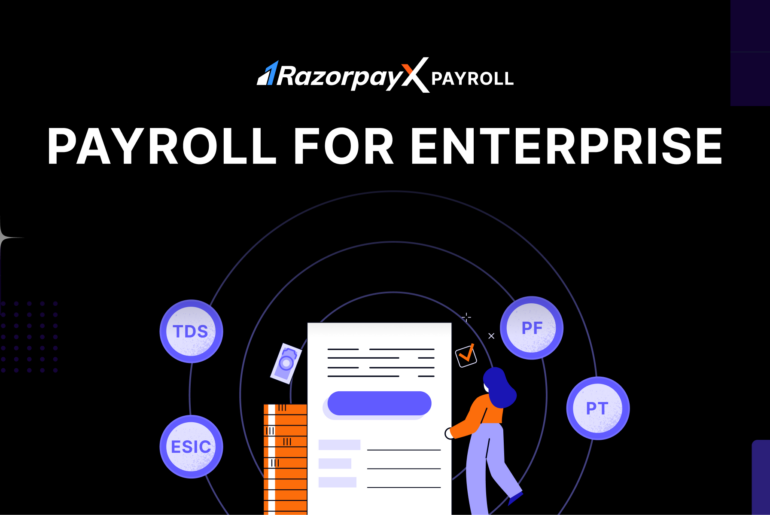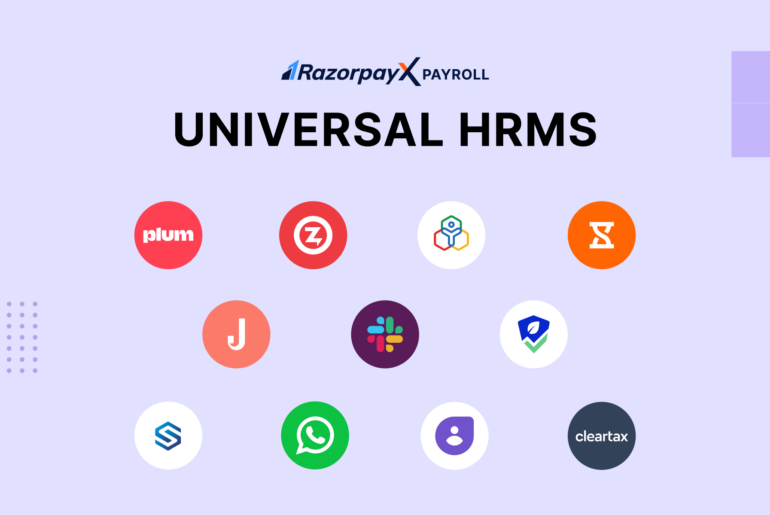You’ve probably heard the term ‘moonlighting’ by now. From leaders and news publications to employees, everyone has strong opinions about it.
Many prominent Indian IT companies have framed strict rules around moonlighting and have deemed it ‘unethical.’ In contrast, the startup ecosystem seems supportive of it as long as employee productivity doesn’t take a hit. This blog post details everything about moonlighting in India, the chain of events that led to the debate, and if it’s legal. It also lists practical ways of tracking employee moonlighting.
But first, let’s cover the basics.
Table of Contents
What is moonlighting?
Moonlighting, in simple terms, means having a second job in addition to the main one. It could be a side hustle, a night job, or something someone takes up over weekends.
Historically, most people used to take up a second job at night, hence the name ‘moonlighting.’ Now, let us look at some events of recent months that led to all the discussions around it.
Why has moonlighting become the talk of the town?
During the COVID-19 pandemic, several companies had to shift to a work-from-home model. At that time, several people started working on more than one job at a time. This year, a few startups recognised this and saw this as an opportunity to support the employees and build a culture where they can work on side hustles as long as their productivity doesn’t get affected. But this wasn’t the case with giant IT services companies.

As you can deduce from above, several traditional IT firms do not see moonlighting as ethical.
Is moonlighting legal in India?
According to Pooja Ramchandani, who heads the labour and employment law practice at Shardul Amarchand Mangaldas & Co, a law firm in India–there is no specific law on moonlighting in India. So, technically, as long as your side hustle or second job or gig doesn’t interfere with your primary job, it is not unethical.
Employers and employees need to be careful of the terms of their contract of employment. If there are clauses, in which working for another employer has been explicitly called out as unethical or non-tolerant, an employee shouldn’t do it and there can be legal implications. For better clarity, employees should talk with the management or HR of the company if they are planning to take up a side hustle.
Tax implications of moonlighting
1. If the amount is received as a salary,
Then it will be subject to the standard deduction, section 80C deductions, monthly TDS (Tax deducted at source), quarterly PF and tax contributions, if applicable.
2. If the amount is received as professional fees,
In this case, it is considered taxable income under ‘Profits & gains from business & profession’ after deducting expenses such as–travel, electricity, laptops etc.
Consider Richa, a software engineer, who draws a salary of Rs. 14 lakh from her primary job. Her taxable income after all the tax deductions will be Rs. 12 lakh, and Rs. 179,400 will be deducted as TDS.
[Suggested Read: How to Calculate Income Tax on Salary With Example]
Now, Richa also got Rs. 9 lakh from another company that outsourced a coding project, for a software app. She received this as professional fees. Now here, the TDS deducted will be 10% of Rs. 9 lakh, which is equal to Rs. 90,000. Richa opts for presumptive taxation, so only Rs. 4.5 lakh will be taxable (50% of gross income u/s 44ADA). Her total taxable income is Rs. 1,650,000 ( Rs. 12 lakh salary + Rs. 4.5 lakh professional income), and the total tax liability would be Rs. 319,800, out of which Rs. 2,69,400 is already deducted as TDS (salary TDS Rs. 179,400 + Rs. 90,000 TDS on professional fees). Hence, the tax payable would be Rs. 50,400.
3. If the amount is received as independent income on a part-time basis,
Then also the income is subject to various taxes under ‘Income from other sources.’ Various professionals, like chartered accountants, assist in bookkeeping and other services part-time or at the end of the financial year. The above would apply to them.
How to know if employees are moonlighting?
A viral tweet by a stock investor, Rajiv Mehta, debunked how Wipro employees got caught moonlighting and were subsequently sacked. It was the Provident Fund deductions in the government portal that gave it all away.
[Suggested Read: Everything a Business Needs to Know about the EPF Scheme]
Every employer in India has to register under the EPF scheme on the government portal when their organisation’s employee strength exceeds 20. Each employee is assigned a UAN (Universal Account Number) which is linked to their EPF (Employee Provident Fund). Any employer can access the UAN of an employee to check if more than one PF contribution is made. This automatically means a payment from another employer.
However, this form of moonlighting is only detectable if the income is received as salary from the employer–which is one of the methods mentioned above in the article. If the income is received after doing freelancing or part-time-based work, it might be difficult to track. In that case, companies can outsource this to external agencies that do background checks to identify if the employee is working more than one job.
Over to you
Whether you want to support your employees in moonlighting, is completely up to you, but it is better to have clearly defined policies around it. The HR should talk with the employees in the organisation and then educate them about these policies.
If you feel that your customer data and privacy will get compromised if the employees work with direct competitors, have stringent policies. If you are the kind of establishment that doesn’t mind your workers taking up side gigs over weekends, frame policies accordingly and let them know.
Manage employees and tax deductions automatically with RazorpayX Payroll
Since there are innumerable laws and Acts governing companies, tax deductions can become overwhelming. RazorpayX Payroll automatically calculates compliances such as PF, PT, TDS, and ESIC and files them for you. All you have to do is sign up.
Try RazorpayX Payroll for free!
It is India’s only fully automated payroll software, and its features include:
- Automatic salary calculation and disbursement
- Payroll execution in 3 clicks
- Leave and attendance management
- Insightful reports
- Automatic compliance calculation & filings such as PF, PT, TDS
FAQs
Is moonlighting legal?
There is no specific law on moonlighting in India. So, technically, as long as your side hustle or second job or gig doesn’t interfere with your primary job, it is not unethical or illegal.
But suppose there are clauses, in which working for another employer has been explicitly called out as unethical or non-tolerant. In that case, an employee shouldn’t do it and there can be legal implications.
What is moonlighting in business?
Moonlighting, in simple terms, means having a second job in addition to the main one. It could be a side hustle, a night job, or something someone takes up over weekends.
What are some examples of moonlighting?
A school teacher could have a side hustle of giving private tuition to children. Another example is chartered accountants working in a firm and also growing their practising during tax season or with additional clients independently.



